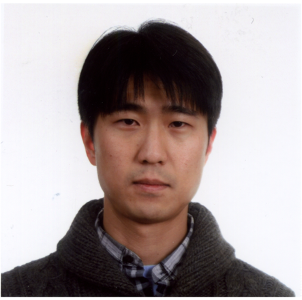Armour College of Engineering’s Department of Mechanical, Materials, and Aerospace Engineering will welcome Dongsik Chang, a Postdoctoral Scholar at Oregon State University, to present a lecture, “Robot Guidance and Navigation in Challenging Environments.”
The virtual seminar will take place on Friday, February 4, 2022, from 3:30–4:30 p.m.
Contact Elena Magnus at magnus@iit.edu for the seminar details and a link to join.
Abstract
Autonomous mobile robots provide great potentials for responding to a wide variety of issues affecting us and our surroundings. Robots collect data about the environment that humans cannot easily access, and they also make decisions and adapt their behaviors on the basis of the collected data. In this talk, I will present my research on robot guidance and navigation in challenging environments, specifically underwater environments. Underwater navigation is challenging due to the unknown, complex, unstructured, dynamic nature of the environment, which affects the motion of underwater vehicles. This talk will cover the following three topics: 1) flow field mapping by motion tomography for underwater vehicle guidance, 2) active perception for underwater navigation, and 3) learning control of underwater vehicles for kinodynamic motion planning.
Dongsik Chang is a Postdoctoral Scholar at Oregon State University, Corvallis, OR, USA. Before joining Oregon State University, he held a Research Fellow position at the University of Michigan, Ann Arbor, MI, USA. He received his B.S. degree from Hanyang University, Seoul, Korea and his M.S. and Ph.D. degrees from the Georgia Institute of Technology, Atlanta, GA, USA, all in Electrical and Computer Engineering. After the completion of his Ph.D., he spent about two years in industry, working with Samsung Electronics, Seoul, Korea, as a Senior Engineer. His research lies at the intersection of systems and control, and robotics. His research interests include marine robotics, active perception, intelligent autonomous systems, control theory, mobile sensor networks, multiagent systems, and machine learning.

